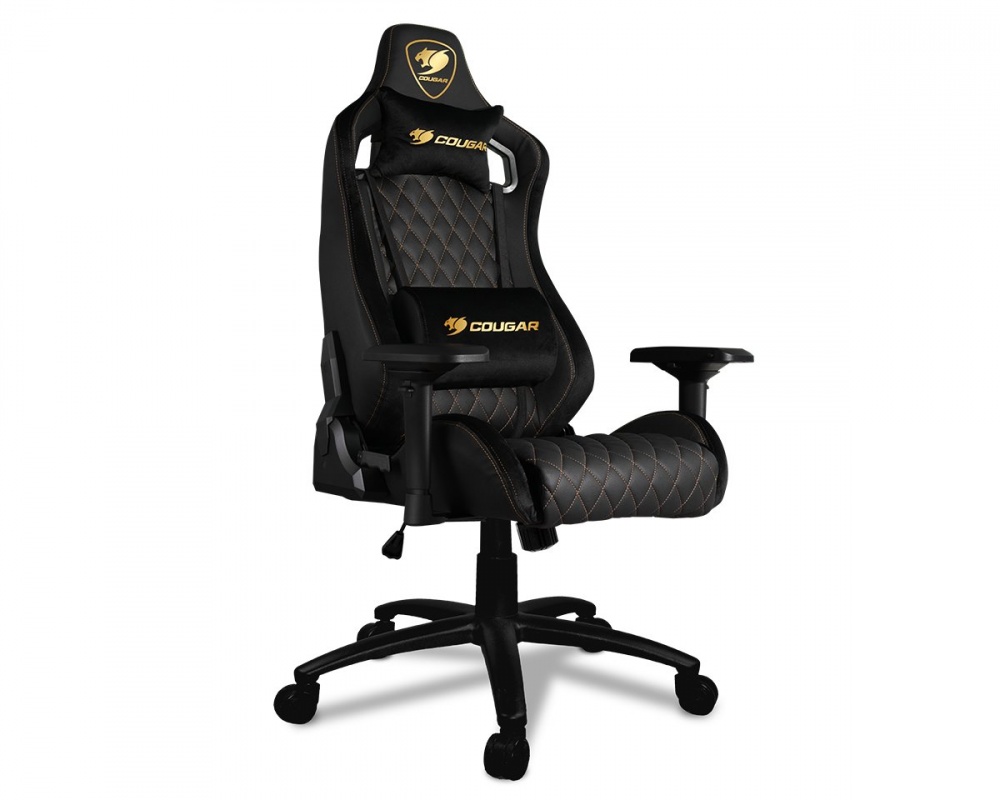- In the Device Manager window, double-click the IEEE 1394 Bus Host Controller. Beneath the IEEE 1394 Bus Host Controller, double-click the OHCI Compliant IEEE 1394 Host Controller. In the OHCI Compliant IEEE 1394 Host Controller Properties window, under Device Usage, click the down arrow and click to select Use this device (enable).
- USB and IEEE-1394 (FireWire) are low-cost, high-speed connections for computer peripherals. These connections allow you to connect a computer to such devices as printers, portable storage devices, joysticks, keyboards, mouse devices, scanners, modems, digital speakers, removable drives, and many other devices.
Expand IEEE 1394 Bus host controllers, and then locate the host controller. Right-click the host controller, and then click Update Driver Software. The screen shot of the host controller and the Update Driver Software is listed in the following example: Click Browse my computer for driver software. The legacy driver may not perform as well as an updated driver. If problems occur with the most recent IEEE 1394 update from Device Manager, the legacy driver may be your only option. In the future, you can repeat these steps to attempt to install an updated version of IEEE 1394 that might address the compatibility problems affecting your computer.
 -->
-->This section provides installation information, specific to IEEE 1394 device drivers in Microsoft Windows 2000 and later operating systems.
Vendors supplying their own IEEE 1394 device driver should make that driver a member of the Base setup class in the INF Version Section of the driver's INF file. For example:
There are no other special requirements associated with installing IEEE 1394 device drivers.
For general information about device installation in Windows 2000 and later operating systems, see Device Installation Overview.
Introduction to IEEE 1394 on Linux
About IEEE 1394 (FireWire)
IEEE 1394 is a standard defining a high speed serial bus. This bus is also named FireWire by Apple or i.Link by Sony. All these names refer to the same thing, but the neutral term IEEE 1394 (or just 1394) is used on these web pages and in the sources.
What exactly is IEEE 1394? It is a serial bus similar in principle to USB, but runs at speeds of up to 800 Mbit/s and is not centered around a PC (i.e. there may be none or multiple PCs on the same bus). It has a mode of transmission which guarantees bandwidth which makes it ideal for digital video cameras and similar devices.
If you have 1394 hardware you can access it under Linux. The supported chipsets are Texas Instruments PCILynx/PCILynx2 and OHCI compliant chips (produced by various companies). Not supported are a proprietary Sony chipset found in older Vaio systems or the Adaptec AIC-5800. Fortunately for endusers, only OHCI compliant controllers are presently used by manufacturers of FireWire cards and mainboards.
Most types of external FireWire devices, notably cameras and storage devices, work with standardized protocols, hence are typically well supported by Linux' drivers and userspace software. See http://www.linux1394.org/hcl.php for extensive hardware compatibility information.
IEEE 1394 support in old kernels
Drivers Ieee 1394 Firewire Windows 7
FireWire-enabled Linux versions are 2.3 through 2.6. The subsystem has been included with the standard Linux kernel sources since version 2.3.40. The subsystem was also made available as a patch for Linux kernel version 2.2.
Development and maintenance exclusively concentrates on the current 2.6 kernel series now. No FireWire driver updates went into 2.4 for quite some time now.
IEEE 1394 support in Linux 2.6
Up until kernel 2.6.36 inclusive, the classic IEEE 1394 alias Linux1394 were provided in the mainline kernel:
- ieee1394: base driver
- ohci1394: for OHCI 1.0, OHCI 1.1, and 1394b controllers
- pcilynx: for the rare PCILynx controllers (only limited, buggy or missing support by the drivers listed below)
- sbp2: for storage devices and other SBP-2 devices
- eth1394: for IPv4 over FireWire
- raw1394: for all sorts of different applications, used via libraw1394
- dv1394: for a few DV applications (deprecated in favor of raw1394 + libraw1394)
- video1394: for applications using industrial cameras and webcams and a few other special purposes, especially via libdc1394
These drivers have been removed in kernel 2.6.37.
Usb Device Firewire Ieee 1394 Driver
IEEE 1394 in Linux 2.6/ Linux 3.x
Since kernel 2.6.22, a newer driver stack called Juju provides for IEEE 1394 kernel support:
- firewire-core: base driver and userspace access similar to raw1394 and video1394, but not binary compatible (libraw1394 v2 and libdc1394 v2 are compatible)
- firewire-ohci: for OHCI 1.0, OHCI 1.1, and 1394b controllers
- firewire-net: for IPv4 over FireWire
- firewire-sbp2: for accessing storage devices and other SBP-2 devices
- sbp-target: to let the Linux PC act as a storage device
- firedtv: for DVB-C, DVB-T, DVB-S tuner boxes (FireDTV) and tuner cards (FloppyDTV) from Digital Everywhere
- snd-firewire-speakers: for LaCie FireWire Speakers and Griffin FireWave audio devices
- snd-isight: for the microphone in the Apple iSight webcam
There are also two standalone drivers for special use cases:
Legacy Ieee-1394 (firewire) Driver In Windows 7
- init_ohci1394_dma: initialize OHCI-1394 remote DMA early during boot for remote debugging
- nosy: capture all FireWire traffic for protocol analysis using a PCILynx controller card
IEEE 1394 support in userspace
See Category:Libraries and our software listing.